| Human behaviour as a human process susceptible to self-control: the first element in the approach to responsibility. |
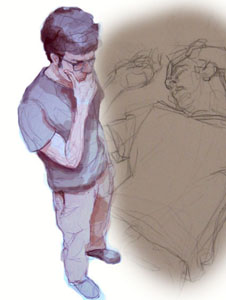
|
| Objective criminality in the subjectfraudulent commission (I): causality and objective imputation. |
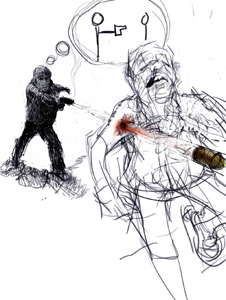
|
| Subjective tyipicity in the subjectfraudulent commission (II): malice, concept and modalities. |
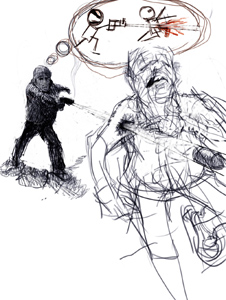
|
| Attempt asincongruent subject (I) because the intent goes beyond the objective part (resultnot achieved). |

|
| Recklessness asincongruent subject (II) because something happens that is not covered by intent (resultnot "intended"). |

|
| Omissive types (of prescriptive rules) in both their objective and subjective facets. |
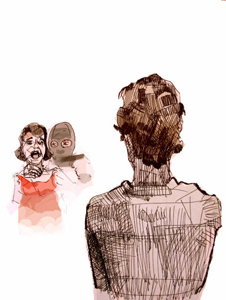
|
| Causes of justification (I: in general) as permissive types, in their objective and subjective facets. |
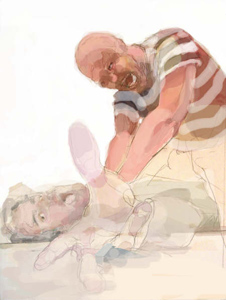
|
| The causes of justification (II: the two main ones): self-defence and state of necessity. |
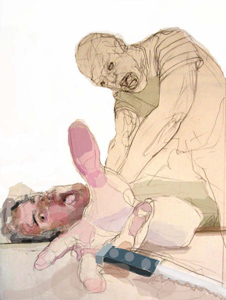
|
| Guilt (I): overview of the concept, rationale, history and elements. |

|
| Guilt (II): its first component, imputability (psychic normality, non-intoxication...). |

|
| Guilt (III): its two remaining elements, knowing ruleand the enforceability of acting in accordance with it rule. |

|
| Intervention in the crime (I): authorship as control of the act: individual, co-perpetration and perpetration-by-means. |
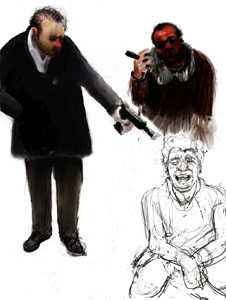
|
| Participation as intervention in the crime (II), but without dominion: inducement and cooperation (necessary and complicity). |
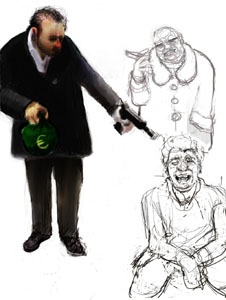
|
| Punishability as the last element, for additional assumptions that condition the penalty to be imposed. |
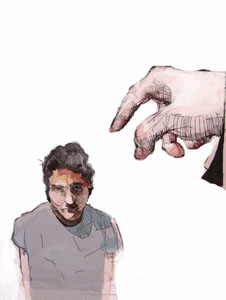
|













